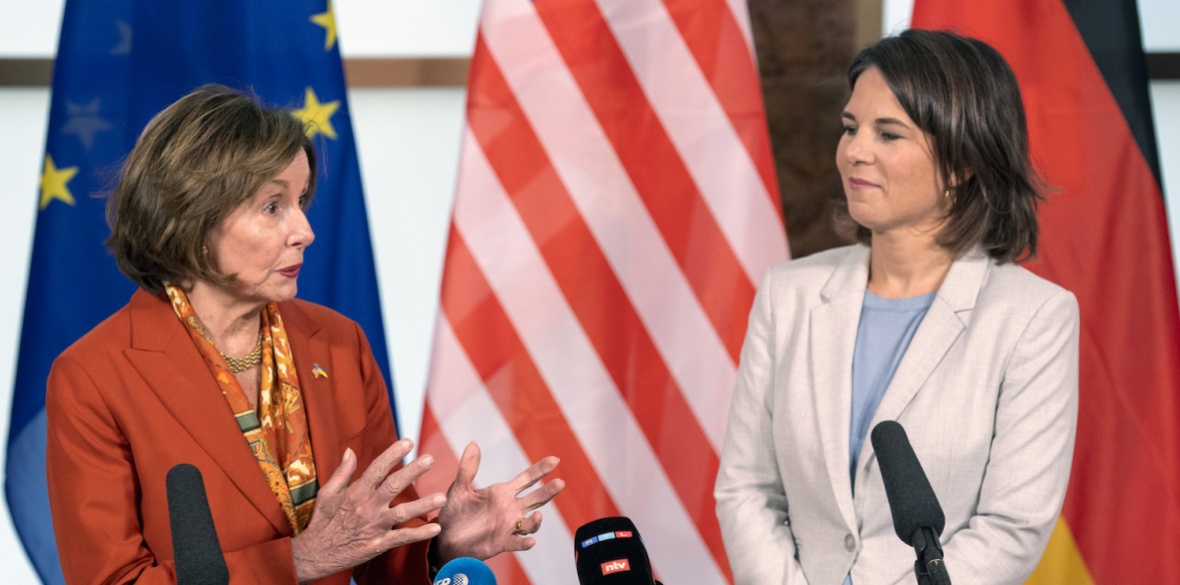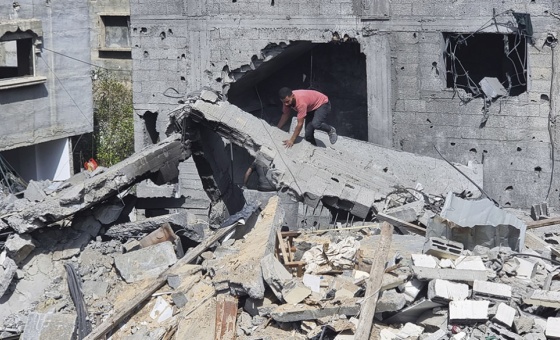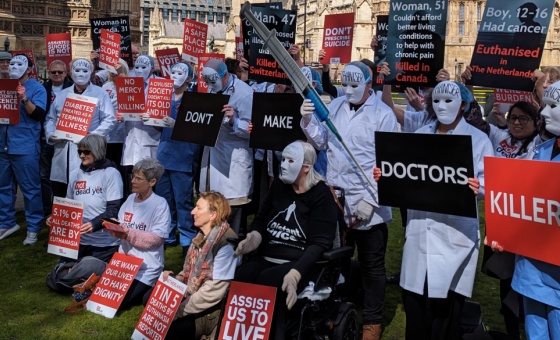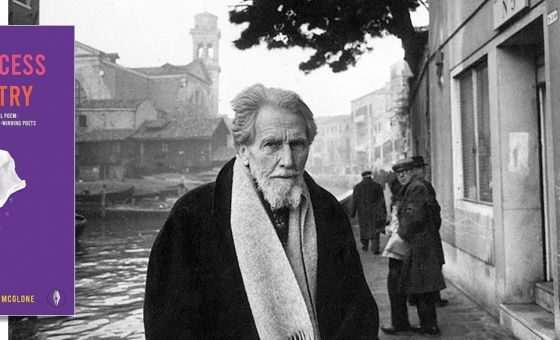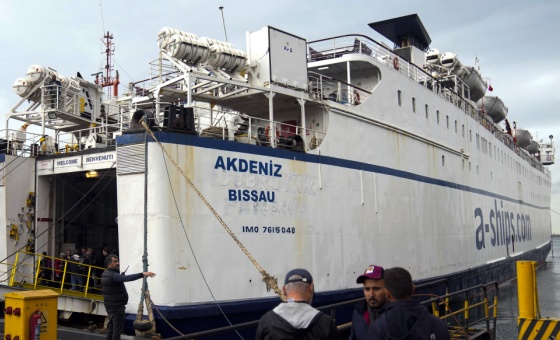This is the last article you can read this month
You can read more article this month
You can read more articles this month
Sorry your limit is up for this month
Reset on:
Please help support the Morning Star by subscribing here
ALL is not well here in Germany. Anxiety is widespread, for living costs have soared — gas and electricity but also groceries: meat and sausage, fruits and vegetables, bakery products, even margarine. The many, many foodbanks for the hungry, more than a few of them from the middle class, can no longer cope. Most frightening of all are the mounting monthly costs for apartments in a nation of renters.
Behind this distress — and for many like me, the most painful — is the Ukrainian war. Distorted or not, every report, every picture of death and destruction wrenches at my heart. Though I was always lucky enough to escape it, I hate war. And especially heart-wrenching for me is that Vladimir Putin, despite my hopes and expectations, took that fateful step on February 24 and sent troops, tanks and planes across the Ukrainian border.
There are so many uncomfortable questions. Yes, Russia has its oligarchs — too damned many in my view. And delusions of grandeur may be found in Putin’s court-like appearances, and possible overindulgence of Russian national pride.
But with Russia facing an US armaments build-up 13 times as big as its own, and 17 times as big when Nato is added in, and with its heartland almost totally surrounded and cut off from warm water shipping in the Black Sea if Georgia and above all Ukraine are US-dominated — it was undeniably the underdog.
Yes, underdogs can also bite. But they remain underdogs — and on the defensive, primarily against the products of Northrop-Grumman, Raytheon, Boeing — and Krupp Thyssen; but also the unimpeded spread of Tesna, Bayer, Amazon, Facebook, Twitter, Aldi, Coke and Burger King — and the Murdochs and Springers.
Whose voices have been loudest in confronting the evil in Moscow? In the US it would be mistaken to say that the Republicans and the Democrats are exactly the same — but for Ukraine they are flagbearers in the same crusade. It is similar in Germany with the current three-party ruling coalition, which is known as “the traffic-light,” for each party here has a campaign colour.
Green of course is for the Greens, red, not so naturally, for the Social Democrats. Yellow (in German it’s not negative) is the chosen colour of the Free Democrats. The basic programme of this “let them eat cake” party is no tax increases for the wealthy, the least possible “alms” for single parents, seniors, the unpaid and jobless — and as many weapons as possible for Volodymyr Zelensky (or almost anyone as long as the euros keep coming in).
As for the Greens, once viewed as leftist radicals, they have long led the chase against the Russian devils. Loudest among the exorcists is Annalena Baerbock, Green Party co-chair and Minister of Foreign Affairs, whose life mission, long seen as wrecking Russia, is now best accomplished by backing Zelensky.
As she stated: “I will put Ukraine first no matter what my German voters think.” This did not go down well with some of her German voters, but friendly media quickly (if falsely) blamed the Russians for misquoting the video and are keeping her popularity undamaged. Yes, the Greens form the vanguard in backing “rules-based order” with Zelensky and Nato.
The Social Democrats of Chancellor Scholz are more complicated. A few SPD leaders can still hear and maybe heed the demands of labour union constituents, whose votes they urgently hope to win back. The hardships caused by the boycott of Russian oil imports — and by profiteers — with the soaring prices on nearly everything, threaten to motivate growing protests, one already very visibly with several thousand protesters in Leipzig on September 5, yesterday in Chemnitz (called Karl Marx Stadt in the GDR days.) Not all too far away, in Prague, an angry crowd reached a five, maybe even six-digit size.
This makes even stolid Chancellor Olaf Scholz, a Social Democrat, a bit shaky. Despite his coalition partners he has been accused of dragging his feet at meeting every new Zelensky demand for big tanks and more and heavier weaponry and for saying “We mustn’t move even faster than the US and other Nato countries.”
On September 14 Scholz had an unusual 90-minute telephone exchange with Putin, in which he “urged a diplomatic resolution of the Russian war in the Ukraine as soon as possible, based on a ceasefire, a full withdrawal of Russian troops and respect for the territorial integrity and sovereignty of Ukraine.” We had “very different views,” he said, but there was “definite movement” and “always a friendly tone.”
Even the word “diplomatic” was almost unique — instead of “victory.” But his partners are actively reining in any undesirable deviation. Many are now scrambling to pass relief measures (but constrained by the Free-Democrat finance minister) to demonstrate their concern for hard-hit citizens — and thus discourage protests and demonstrations.
The Alternative for Germany (AfD), furthest right in the Bundestag, takes the perhaps odd position of supporting Putin. The AfD always supports anything against the European Union, also a key Putin target because of its sanctions policy.
Still, it wants to build up the German army with a big increase in armaments, reintroduce the draft and start up a compulsory year of semi-military service for young people, male and female, while opposing “alternative family lifestyles” and abortion. Its main line is to hate Muslims, hate all immigrants and — more discreetly — hate Jews as well. Its pace-setters are busy planning “Day X,” a German equivalent of January 6 in Washington. Their growth, generally stalled at 10-14 per cent, is still strong in the eastern states of Thuringia and Saxony, where it leads with 26 per cent.
For me, other voices are at least as alarming. While fully supporting Nato in Ukraine and aiming at its main goal, weakening Russia and ideally replaying the 2014 victory in Kiev’s Maidan Square in Moscow’s Red Square, they are hinting at a break with any further subservience to US power.
This thinking goes something like: “OK, keep on building up the military force of Nato, led by the Pentagon, but also, independently, strengthen European military power led by Germany.”
The €100 billion armament programme advanced by Scholz must be further increased; there is already a stress on aggressive weapons for attacking, for landing, for seizing and holding areas in eastern Europe, in Africa, the Near East and now, with its navy manoeuvres, in the “Indo-Pacific” region near China.
Am I mistaken in hearing echoes of grating radio voices from my childhood, in 1938, frightening even without translation, and omens of the giant tragedy which descended upon the world just one year later? Today’s tones are smoother, the words more circumspect, but I see election results in Spain, Italy, France, even Denmark, Sweden and the Netherlands, the wrecking of the Labour Party in England and news from many regions of the US — and I grow fearful.
In Germany I took hope from one protective coral reef standing up to any such surging tides. It was not a big reef, but it acted as a barrier; the leftist Die Linke (the Left Party) opposed, mostly alone, the bolstering of aggressive weaponry, it alone (except for the rightist AfD) called for a ceasefire and negotiations in Ukraine and a full halt to weapons exports.
Its deputies, almost alone, voted against sending troops to Afghanistan and Mali, bombing Serbia, strengthening military occupation in Bosnia and Kosovo and for ending the illegal coexistence of US atomic blockbuster bombs next to top-speed German planes in the base at Buchel, with the giant base at Ramstein relaying to US drone missiles on their killer missions in the whole Middle East and much of northern Africa.
These positions, so often alone or nearly alone, justified the proud claim of those in Die Linke to be the “peace party.”
But for years, within the party there have been those who opposed anti-Nato positions and a bar to deployment of German forces outside the country. They hoped to join a national government coalition — for which the Social Democrats and Greens, their desired partners, if at all amenable — would insist on pro-Nato positions.
This led to a willingness to accept compromises — “always necessary in politics,” they explained. Even when the chances of getting a few of those comfortable, prestige-cushioned coalition chairs dwindled to the zero point in the 2021 elections, they stuck to their “flexible” positions, or widened them, often paired with total rejection of every bit of leftover respect for accomplishments of the defunct GDR plus a tendency to neglect large-scale militant action in favour of parliamentary manoeuvring.
The war in Ukraine has greatly strengthened their hand. Anyone in or outside the party who rejects more armaments for Zelensky is labelled pro-authoritarian, a Putin-lover or, at best, out of touch with mass opinion, hence unelectable and dispensable.
At the party congress in June, with the help of emotional voices from Putin opponents and a curtailing of debate time, they pushed through on some key issues and on some elected officers, usually with 60-70 per cent of the vote.
But while some top officers, including party co-chair Janine Wissler and Bundestag fraction co-chairs Dietmar Bartsch und Amira Mohamed Ali try to overcome the rift, they are finding it hard to stay impartial, while others compare the situation to an unsealed pressure cooker.
Then on September 8 came the Bundestag speech by Sahra Wagenknecht, surely the party’s most controversial member — and best orator, a former caucus co-chair and popular talk show guest (no doubt thanks to her good looks, fine apparel and spunky, forceful disputation).
She shocked most deputies by vehemently arguing that by ending all energy imports from Russia and basically breaking off all economic relations, Germany was cutting off its nose to spite its face, “unleashing an unprecedented economic war against our most important energy supplier.”
This would hurt Russia less than huge sectors of German industry and millions who will soon face cold homes, extremely high prices, job losses and evictions. The war in Ukraine was “a crime,” she added, “But the idea that we are punishing Putin by plunging millions of families in Germany into poverty and that we are destroying our industry while Gazprom is making record profits — yes, how stupid is that?”
Her facts were hard to deny, but the position was heresy — and treated as such not only by the other parties and the media but by some in Die Linke who immediately launched a petition to expel her from her seat in the Bundestag and from the party.
The petition was matched by a counterpetition in her favour which quickly received more signatures, but an open battle had been launched, dividing and endangering the party more than ever before, at a time when its polling average was stumbling at about 5 per cent in the polls, the bare minimum required to seat deputies, which it has already failed to achieve almost anywhere in western Germany.
Some, further on the left, and long critical of status quo leanings within Die Linke, speak of the rebirth of a “truly socialist party” — and the German Communist Party, despite all past quarrels, has shown interest in some militant co-operation or even combination — and found a remarkable level of leftist enthusiasm at the annual press festival of its weekly, Unsere Zeit, in late August.
But it has its own problems and is tiny in size, receiving only 15,000 votes in all of Germany in 2021, while Die Linke, though missing the 5 per cent level and far weaker than in 2017, still received over 2,270,000 votes.
Will the anger of masses of people, hard hit in their daily lives, give rise to growing resistance and protest? Can pressure for peace negotiations increase and lead to a movement recalling the giant numbers in West Germany in the 1980s?
The media — and some within Die Linke — stress their fears that the AfD and other rightists will barge in and utilise the protests. This can raise problems, but the rallies in Leipzig and elsewhere drew sharply visible lines against such unwanted intrusions and accused the media of using false or exaggerated issues to inhibit all protests.
Some saw the warnings as attempts within Die Linke to tame a militant fighting spirit — and thus further inhibit their hopes of joining the Greens and Social Democrats in respectable, orderly coalitions on state or national levels.
I fear that I can offer no happy prognostications on the outcome. But I am greatly moved by the urgency of motivating more and more people to oppose three giant menaces which approach us all, ever more dangerously: the growth of fascist forces, the threat of ecological disaster and the danger of atomic conflict.
These three dangers create a moral compulsion: a search for unity in resisting every poisonous new head of the billionaire hydra monster.
But we can also rejoice at every victory, big or small, proving the power arising from united militancy: in an election in Colombia (and hopefully in Brazil), in massive protests and palace occupations in Sri Lanka, in every victorious union vote in an Amazon warehouse or Starbucks coffee shop, in every victory of striking railway workers or dockers or flight attendants. This is a time for resistance — to keep kicking back against the enemy — and, above all, to demand peace.

